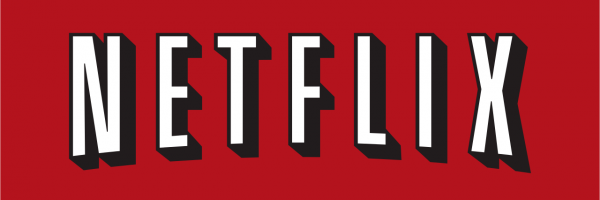The heated battle between Netflix and the Cannes Film Festival just hit a major crossroads. Trouble has been brewing since last year’s Cannes, where Netflix debuted the well-received films Okja and The Meyerowitz Stories. But there was outcry from French theater owners who lobbied Cannes artistic director Thierry Fremaux to hold Cannes films accountable to a French law that requires movies to not appear on home platforms for a 36 months after their theatrical release, which would directly forbid Netflix from participating in Cannes unless they give their films exclusive theatrical windows in France.
The fight continued this year as we approach the Cannes lineup announcement and Netflix hoped to bring a number of hotly anticipated titles to the festival, including Alfonso Cuaron’s Roma and Paul Greengrass’ Norway. Last week Netflix threatened to pull its moves from the lineup since Cannes’ new rule now states that in order to play in competition at Cannes, a film has to have an exclusive theatrical window. Now in an interview with Variety, Netflix is making it official—they’re backing out of Cannes.
Instead of simply allowing its films to play out of competition at the prestigious fest, Netflix is picking up its ball and going home. The streaming service has long held to its formula of only giving its films day-and-date theatrical releases—meaning a film is released in theaters on the same day it hits Netflix. This is in contrast to a streamer like Amazon, which offers a pretty lengthy exclusive theatrical window for its movies before they appear on the streaming service.
Netflix has long claimed its subscribers would be angry if Netflix Original Movies weren’t available on the streaming service at the same time they’re in theaters, which I think is a bunch of hogwash. Amazon subscribers didn’t revolt when The Big Sick enjoyed a robust theatrical run. They either paid the money to go see the film in the theaters, or they waited a few months and watched it on the streaming service.
Netflix chief content officer Ted Sarandos lays the blame for the Cannes drama on the festival itself:
“Well, it was not our decision to make. Thierry announced the change in their qualification rules [that] requires a film to have distribution in France to get in, which is completely contrary to the spirit of any film festival in the world. Film festivals are to help films get discovered so they can get distribution. Under those rules, we could not release our films day-and-date to the world like we’ve released nearly 100 films over the last couples of years. And if we did that, we’d have to hold back that film from French subscribers for three years under French law. Therefore, our films they are not qualified for the Cannes Film Festival competition… I don’t think there would be any reason to go out of competition. The rule was implicitly about Netflix, and Thierry made it explicitly about Netflix when he announced the rule.”
Sarandos actually makes a good point here. While I understand Cannes wanting to support theatrical distribution, making distribution a requirement of movies playing at Cannes hurts not just Netflix but smaller indie films seeking distribution in the first place.
The Netflix chief said he hopes Cannes eventually changes its mind, and doesn’t rule out ever coming back to Cannes in the future:
“We hope that they do change the rules. We hope that they modernize. But we will continue to support all films and all filmmakers. We encourage Cannes to rejoin the world cinema community and welcome them back. Thierry had said in his comments when he announced his change that the history of the Internet and the history of Cannes are two different things. Of course they are two different things. But we are choosing to be about the future of cinema. If Cannes is choosing to be stuck in the history of cinema, that’s fine.”
Ultimately this is all kind of silly. It remains pretty ridiculous that Netflix refuses to commit to an exclusive theatrical window, and in doing so theater owners see no upside in filling up screens with movies widely available on Netflix—there’s no financial gain on their end and it takes up space that could be filled by other films. Netflix holds all the cards here, and the onus remains on them to change the way they distribute films.
The mere thought of not getting to see Martin Scorsese’s The Irishman or Cuaron’s long-awaited Roma on the big screen is extremely upsetting to cinephiles like myself. We worship the theatrical experience—it’s where movies were born, and there’s nothing like the communal experience of a theater. One need only look at the box office of crowdpleasers like A Quiet Place and Black Panther to see theatrical exhibition has immense value. And while I applaud Netflix for producing films that can’t get made elsewhere, I wish they would make an effort to get their films in theaters.
The way we consume content is evolving at a rapid pace, and it’s becoming harder and harder to get movies made. Netflix is almost certainly the way of the future given their massive footprint and the quality of content they produce. I only wish they felt as strongly about honoring the history and value of the cinematic experience as many others do.




